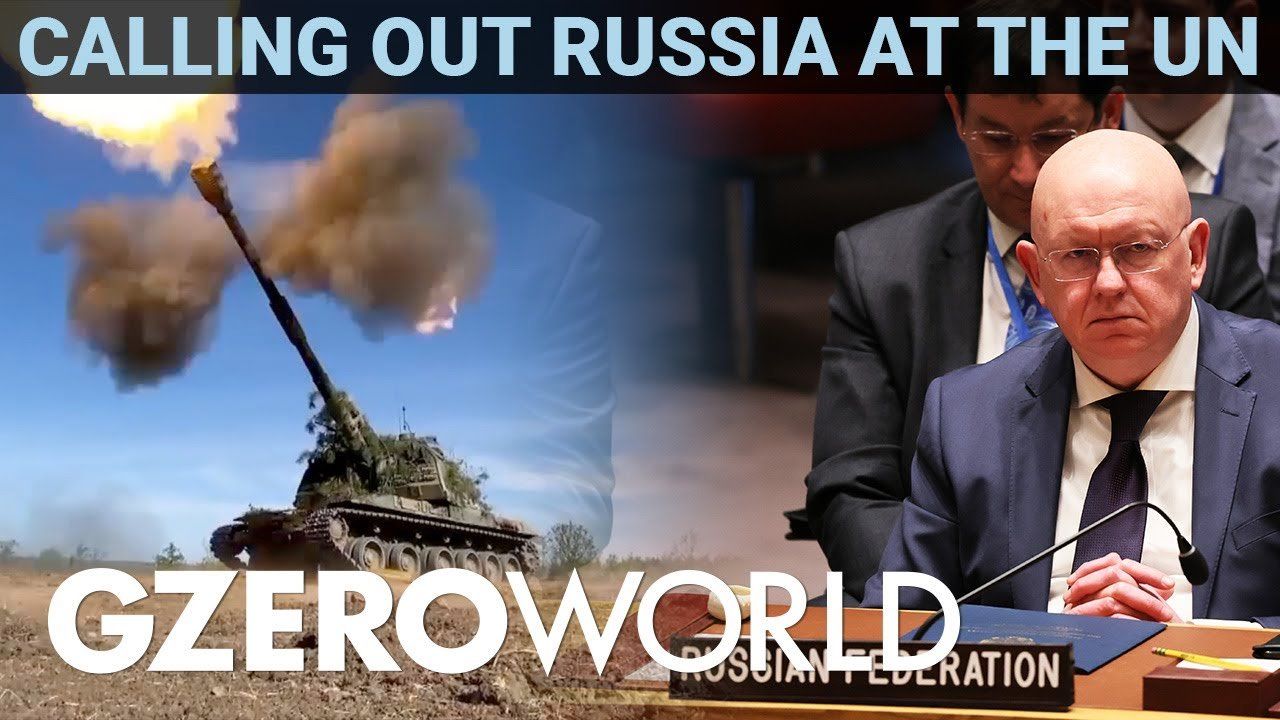Russia undermines everything the UN stands for, says Linda Thomas-Greenfield

Should Russia be a permanent member of the United Nations Security Council?
That’s the question Ian Bremmer asked US Ambassador to the UN Linda Thomas-Greenfield on GZERO World ahead of the United States taking over the Security Council presidency for the month of August.
The UN Security Council is tasked with maintaining peace and stability around the globe. But how realistic is that mandate when one of its permanent members started a war in the middle of Europe with an unprovoked attack on its neighbor?
“Russia is not living up to what is required of a permanent member,” Ambassador Thomas-Greenfield said in an interview from the floor of the council chamber, “What they are doing undermines everything the UN stands for.”
Despite the contentious relationship, Thomas-Greenfield is the most senior official in the United States with regular, direct contact with a high-level diplomat from the Russian Federation. Thomas-Greenfield uses the relationship to continue to raise the issue of Evan Gershkovich and Paul Whelan, American citizens unlawfully detained in Russia. She also continues to call out Russia for pulling out of the Black Sea grain deal and jeopardizing the world’s food supply.
“The Russian action is evidence to the world that Russia does not care about humankind,” Thomas-Greenfield says, “Their withdrawing from the grain deal, and then attacking agricultural infrastructure in Ukraine sends a chilling message to the world.”
Watch the full interview: Linda Thomas-Greenfield on Russia, Sudan & the power of diplomacy
Watch GZERO World with Ian Bremmer every week on gzeromedia.com/gzeroworld and on US public television. Check local listings.
- UN official: Security Council Is “dysfunctional” - but UN is not ›
- Ian Explains: Why Russia has a permanent seat on the UN Security Council ›
- Hard Numbers: Russia to helm Security Council, Sonko seized, Stubborn EU inflation, Australia vs. climate change ›
- Russian UN veto cuts aid deliveries to northwest Syria ›
- Podcast: UN Ambassador Linda Thomas-Greenfield on Russia, human rights, & the Security Council presidency ›
- The state of multilateralism: Shaky, fragile & stretched to capacity - GZERO Media ›